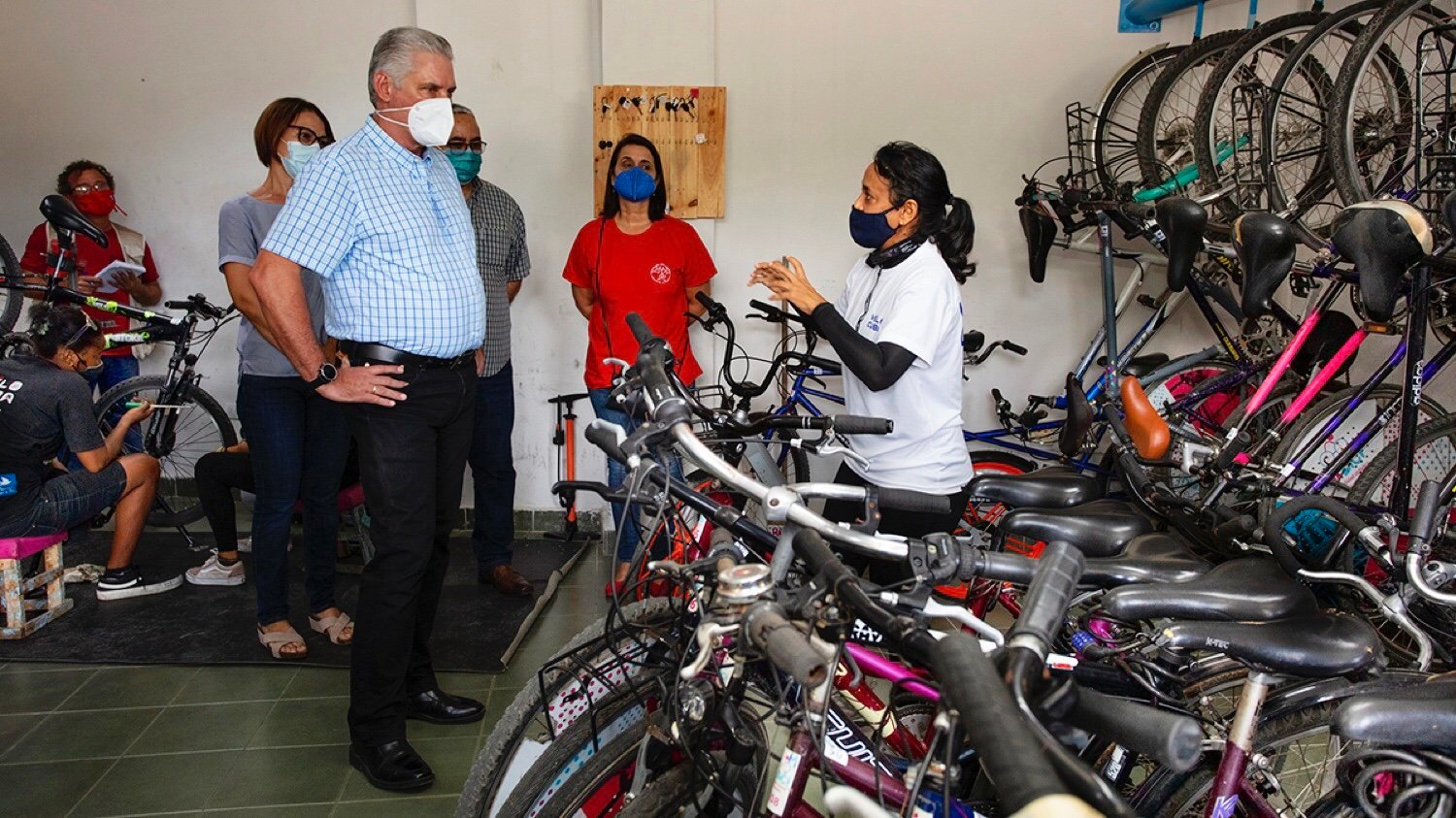
Many Cuban entrepreneurs have already started to transform their businesses under Decree-Law 46 on micro, small and medium-sized enterprises, recently approved in Cuba.
Two of these projects, VéloCuba and Adbimensional, are already in a position to present their initiatives for that purpose. They were recently vlsited by Cuban President Miguel Díaz-Canel, who said on his Twitter that both are “led by highly trained young people with the desire to work for local development and productive chains.”
But what concrete changes does this move mean for them? How have they prepared themselves? So far we know that the first steps are to make the application (online), wait for the validation of the Ministry of Economy and Planning, make the deposit of the share capital supplied by the partners, draw up a notarial deed and obtain the certificate from the Commercial Registry
In charge of the Abdimensional project, a digital manufacturing initiative based on 3D printing, is Abel Bajuelos Rizo, who told Negolution about how they have been preparing to make the leap to MSMEs for years, while continuing to operate. “The market for on-demand manufacturing services, or manufacturing as a service, is just emerging here. In fact, it is recent in the whole world,” he explains. Therefore, for their new enterprise, the team foresees “changes that entail scaling up in every sense: operations, installed capacity, infrastructure, etc.”
VéloCuba, a community project specializing in bicycle repair, restoration, maintenance and rental, once established as a small business, aims to introduce other services such as the sale of accessories, painting, courier services and electric bicycles.
Although the process is expected to be carried out digitally, the members of Abdimensional have received close support and accompaniment from institutions and academia to successfully evolve to this form of management. They estimate that the benefits of this transition will be immediate since, “given the inherent complexity and the capacity to impact different sectors simultaneously, the business model I mentioned earlier is not functional if it is not developed outside the figure of the self-employed sector (TCP),” Abel Bajuelos notes.
Among the points that need to be worked on for this new economic actor to take off successfully are a much more agile and expeditious import capacity, access to financing and/or domestic credit and, with the intention of acquiring external inputs, the availability of some type of foreign exchange market.


